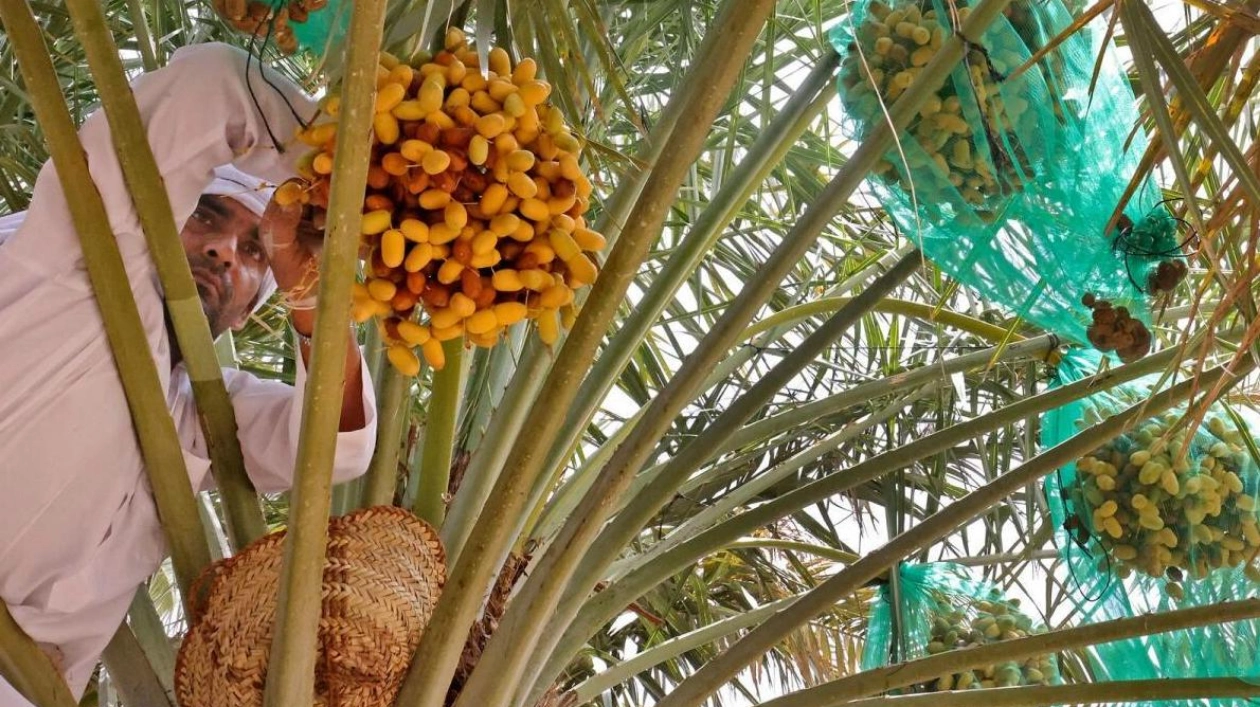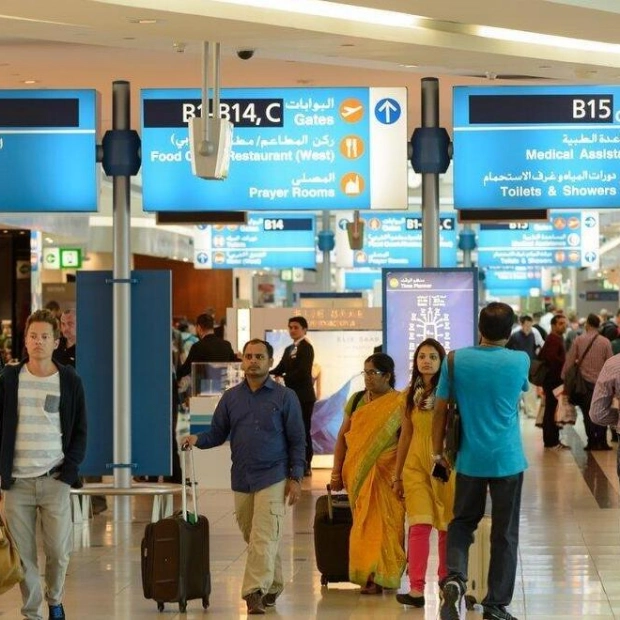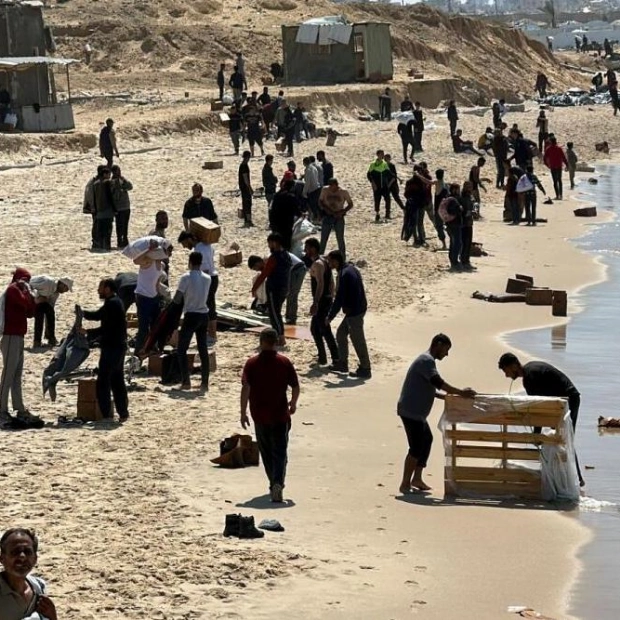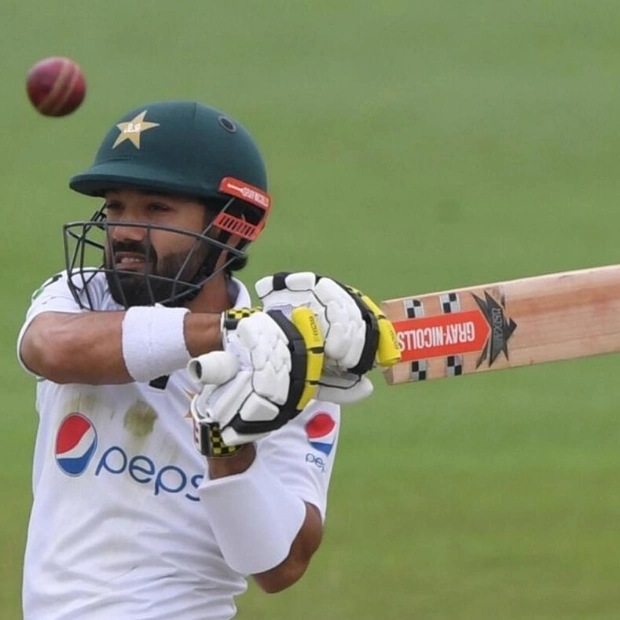The UAE, characterized by its scorching temperatures, minimal rainfall, and expansive desert regions, presents formidable challenges for agriculture. However, determination can pave the way. My parents recounted how the late Sheikh Zayed bin Sultan Al Nahyan, the UAE's founding father, in the 1970s, sought the expertise of foreign agricultural advisors to establish a farming sector. Despite initial skepticism due to the harsh environmental conditions, Sheikh Zayed persisted, driven by his vision and resilience. Today, Mordor Intelligence reports that the UAE's agricultural market is valued at $3.31 billion, projected to escalate to $4.09 billion by 2029.
Over the years, Emirati farmers have innovatively adapted to the country's stringent infrastructural, logistical, and climatic challenges to cultivate crops and livestock. Recent data from the Ministry of Climate Change and Environment reveals that there are 38,000 active farms in the UAE, contributing over 156,000 tonnes of fresh produce annually, fulfilling more than 20% of national demand. In 2023, Mariam bint Mohammed Almheiri, the Minister of Climate Change and Environment, announced advancements in hydroponic, aeroponic, and aquaponic farming to achieve 100% domestic production by 2030.
Historically, Emirati farms were predominantly located in cooler regions like Ras Al Khaimah, Fujairah, and Al Ain. The date palm, often referred to as the 'tree of life,' has long been a symbol of the UAE's agricultural heritage. According to the FAO, the UAE ranks among the top producers of dates, with the seven emirates hosting 40 million palms and 199 varieties. Beyond dates, modern cultivation techniques have facilitated the growth of various fruits and vegetables, including tomatoes, cucumbers, leafy greens, aubergines, and cauliflowers. Sharjah has notably ventured into wheat farming, aiming to cultivate over 1,200 hectares by 2025, significantly contributing to food security.
Aquaculture, including salmon farming, is also gaining traction in the UAE. Despite typically being a practice in colder climates, Emirati-raised salmon has been available since 2019. In 2021, the Abu Dhabi Investment Office collaborated with Pure Salmon to establish salmon production within the emirate. Additionally, the World Economic Forum and the Mohammed bin Rashid Al Maktoum Global Initiatives foundation initiated the Food Innovation Hubs Global Initiative in late 2023, aiming to integrate technology and innovation into food systems. This initiative, supported by the Emirates Development Bank, includes a Dh100 million funding pool for introducing AgriTech into traditional farms.
The UAE government has heavily invested in sustainable farming practices to align with its Net Zero 2050 vision. This commitment was further emphasized through the UAE Declaration on Sustainable Agriculture, Resilient Food Systems, and Climate Action, endorsed by 159 countries. The Ministry of Climate Change and Environment has actively promoted hydroponic farming, which requires minimal soil, uses up to 70% less water, and reduces chemical use. Abu Dhabi has seen about 200 commercial farms adopt this technology, encouraged by the Abu Dhabi Agriculture and Food Safety Authority to utilize recycled or desalinated water and grow climate-resilient crops.
Despite these advancements, Emirati farmers face numerous hurdles, including the high cost of desalinated water and excessive electricity bills during summer. Additionally, the higher cost of locally grown produce compared to imported goods often discourages consumers, impacting farmers negatively. The UAE government has responded with various support initiatives, such as the 'Enhancing the Sustainability of National Farms,' which has significantly increased the procurement of local produce by government entities and enhanced strategic food reserves. The Dubai Farms initiative, launched in March 2024, has also provided essential support to farm owners, including consultation services, distributor contracts, and subsidized supplies.
Despite the challenges, farming in the UAE offers a lucrative and fulfilling career, especially given the country's sophisticated dining scene and health-conscious population. The Global Organic Trade Guide ranks the UAE in the top 30 globally for forecasted growth in organic products. Looking ahead, farmers emphasize the need for improved logistics and infrastructure, suggesting initial steps like upgrading farm roads from gravel to asphalt to enhance the UAE's agricultural vision and food security goals.






